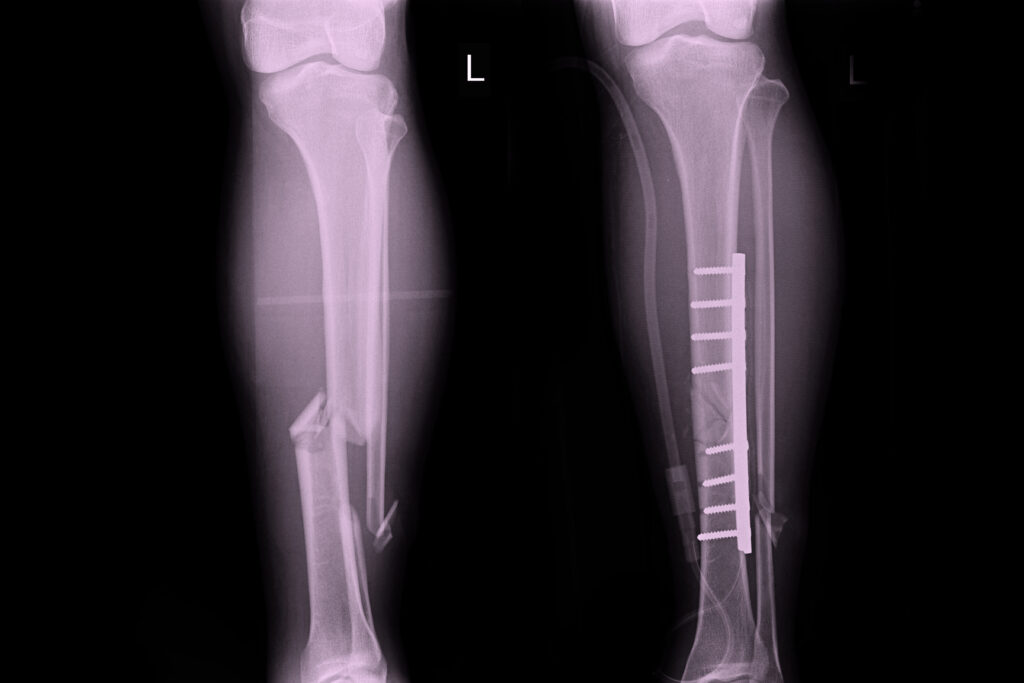
Why you Need Travel Insurance.
Always have travel insurance when flying internationally.
Traveling overseas without travel insurance is like betting your life and your savings on a crapshoot. Find out why you need travel insurance and how to get the best deals.
What is Travel Insurance
Travel insurance may seem like a scam, with promises of cash for missed flights or lost luggage, but for international travel, it is a must! It protects you financially in the event of accidents, travel-company or airline bankruptcies, canceled tours, illness, theft, terrorism, emergency evacuation (for medical, environmental or war events), and getting what’s left of you home in the case of death while you’re traveling out of country – in addition to missed flights and lost luggage.
The price of travel insurance varies including the total cost of your vacation, where you are traveling, your age, your health and, to a lesser extent, the value of your luggage.
Before buying separate travel insurance, check if any of your credit cards offer travel insurance – some do. In addition, check your current insurance policies to see if any travel outside your country of residence is covered. The coverage is usually not comprehensive, but any coverage will reduce the amount of additional coverage you will need.
When should you buy travel insurance?
You should buy travel insurance right after you book your travel. From that day, you will be covered for any new illness or accident that may prevent you from taking the trip. If you book your travel months in advance and wait to book your travel insurance right before the trip – any prior accident or sickness will be considered a preexisting condition and you will not be covered.
How bad could it get?
You are traveling in a foreign country and fall off a zip line or tumble down a flight of stone steps – whatever age or event your leg is now broken. You cannot walk and are in excruciating pain.
It is likely you will need emergency medical attention and transfer to a medical facility – that is an ambulance and a hospital. After examination by a doctor and various x-rays, it is discovered you have broken your Tibia and Fibia – which is pretty serious.

You will need to remain immobilized and be treated immediately – so no chance of medical evacuation back home.
A surgeon from a capital city is flown in and a team of medical professionals operate on your leg, reset the bones and attach titanium plates to the bones so they will heal in place and not break (in the same place) again.
After the surgery, you receive the best post-op treatment and learn that you should be ok to travel again 7 days.
Medical Costs
The hypothetical medical cost for this could be:
- Ambulance and paramedic emergency care $2200
- Initial diagnosis, x-rays, and scans $7800
- Surgery and associated costs $24,300
- Seven-day hospital stay $14,700
Travel Costs
The hypothetical travel cost for this could be:
- Your companion stays in a hotel close by for 7 days, accommodation, transport, and food costs $1190
- Missed tour, accommodation and flights (all prepaid) for you and your companion $6800
- Cost of booking new flights at short notice home for your companion and you $5800
Total cost without travel insurance $62,790
Total cost with travel insurance $0 to $2000
What Type & How Much Insurance?
It depends on two main factors:
- The type of vacation experience you are planning, this in many ways is determined by age, health condition and family status (single, couple, family with kids).
- The amount of risk you’re willing to accept.
The best places to find travel insurance?
You don’t need to search individual insurance companies to look at coverage or prices but can use insurance comparison websites. With these sites, you can search, compare, and purchase travel insurance from most major providers. My four favorite travel insurance comparison websites are:
https://www.travelinsurance.com
https://www.worldnomads.com/travel-insurance
insuremytrip.com
Insuremytrip.com has been my go-to site for more than five years. Just enter your trip details and it lists the recommended insurance packages.
Plan Types & Coverages
Insuremytrip.com recommends these Plans & Coverages based on thousands of data points collected over 18 years of leading the travel insurance industry.
Plan Type
Comprehensive: These plans offer benefits including trip cancellation, trip interruption, travel delay, baggage loss or damage as well as emergency medical and evacuation benefits. They are ideal for nearly every traveler.
Medical: These plans mainly offer emergency medical and evacuation benefits to travelers who are leaving their home country and need to fill gaps left by their primary health insurance while traveling abroad.
Evacuation: These options offer transport assistance in the event that a traveler becomes seriously ill or injured and hospitalized while traveling. Depending on the plan, they may include evacuation to your hospital of choice or to the nearest appropriate hospital if deemed necessary.
Embassy Visa: These plans meet the embassy requirements to obtain a Schengen Visa for a visit to the EU. We recommend these plans if you are a U.S. resident but NOT a U.S. citizen and traveling to a Schengen country. More info at https://www.schengenvisainfo.com/
Accidental Death: These plans offer benefits to a chosen beneficiary upon the accidental death or dismemberment of a covered traveler.
Vacation Rental Damage: These plans provide coverage for accidental damage to the rental property for travelers who are renting a vacation home during their trip.
Coverages
Cancel for Any Reason: Cancel your travel plans for any reason not already listed under trip cancellation coverage. Eligibility requirements apply.
Cancel for Work Reasons: Cancel your travel plans related to work obligations not already listed under trip cancellation coverage. Eligibility varies by plan.
Pre-Existing Condition Waiver: Gives eligibility for coverage should something related to a pre-existing medical condition of you or your loved one disrupt travel plans.
Rental Cars: Provides collision coverage for the cost of repairs and replacements due to loss or damage to your rented vehicle, up to the stated limit on the plan.
Although the upfront cost of this plan seems a lot, compared to the price of daily comprehensive insurance from a rental car company, it can seem like a bargain.
On one family trip, the travel insurance rental car coverage added $85 to a $200 travel insurance policy. But as I was renting a car for 22 days at $18 a day for comprehensive insurance (total $396) as required by the country I was visiting, $85 was a great value!
Accidental Death: Provides a named beneficiary, at the time of purchase, the benefit amount in the event of the death or dismembering injury while traveling.

Single Trip and Multi-Trip or Annual Travel Insurance
Single Trip Travel Insurance
The travel insurance described so far is a single trip. Single trip travel insurance is when you are leaving your country of residence, traveling for a specified time and then returning. It doesn’t matter if you will be visiting several countries. This is considered as a single trip because you will be leaving your country of residence and returning only once.
Multi-Trip or Annual Travel Insurance
Multi-trip or annual insurance is purchased annually. The policy covers you for a calendar year beginning on the day of purchasing coverage. The coverage provides protection from when you leave your home in your country of residence and return multiple times over the coverage year. Annual policies do not provide coverage for a year-long trip.
Multi-trip or annual insurance can be less expensive than purchasing several single trip policies, and that cost savings can be significant for those who take several trips within the course of a year
Annual policies are great for travelers taking two or more trips during a 12-month time period. Most annual policies cover trips up to 30 days.
Annual plans are ideal for
- Active, healthy, traveling retirees.
- Business travelers
- Journalists and writers frequently sent on last-minute assignments.
- Frequent travelers and any traveler with multiple trips per year
Travel Insurance is not always easy but is an essential part of the travel experience. Ensure you keep a copy (paper or electronic) with you when you’re traveling and a copy at home with a non-traveling family member or friend.
If you still aren’t convinced about travel insurance, read these warnings from the United States and Australian Governments.

American Government Warning – Take out Travel Insurance
The U.S. Department of State warns all Americans to ensure they have traveler’s insurance when traveling overseas. See their advice here.
Insurance Providers for Overseas Coverage
The U.S. government does not provide medical insurance for U.S. citizens overseas. They do not pay medical bills. You should purchase insurance before you travel. Please review the country information page regarding the country you are visiting before you travel. For more information on health, visit their page on Your Health Abroad.

Australian Government Warning – Take out Travel Insurance
The Australian Government warns all Australians to ensure they have traveler’s insurance when traveling overseas. See their advice here.
Take out appropriate travel insurance. Australians are urged to take out travel and medical insurance before they leave the country. In virtually all circumstances, the Government will not pay for your return home for medical treatment.
This site also features several real-life stories of Australian travelers who were injured without travel insurance and the financial nightmare that followed.
Travel Insurance for Individual Travelers and Families
Personally, I never take an international vacation without purchasing full coverage insurance that includes medical and rental car coverage (if planning to rent a car). This insurance covers me when traveling alone or my entire family when traveling together.

Safe and fun travels!
Growing up in Australia, Tim developed a love of backpacking and adventure traveling, taking multi-country trips covering 5 continents. He relocated to the United States and as a transportation consultant averaged 3 flights per week
His favorite traveling is with his wife Cassandra and two boys, ages 8 and 5.
They quickly became expert family fliers and have taken the boys on annual trips to Australia and other U.S. and international experiences including China, Cuba, England, Fiji, France, and Spain.




